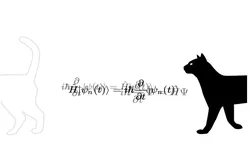
Understanding Modern Physics II: Quantum Mechanics and Atoms 
This course provides an introduction to quantum mechanics and atomic physics, exploring the fundamental principles of modern physics. Students will gain an understanding of the structure of atoms and the behavior of particles. ▼
ADVERTISEMENT
Course Feature
![]() Cost:
Cost:
Free
![]() Provider:
Provider:
Coursera
![]() Certificate:
Certificate:
Paid Certification
![]() Language:
Language:
English
![]() Start Date:
Start Date:
12th Jun, 2023
Course Overview
❗The content presented here is sourced directly from Coursera platform. For comprehensive course details, including enrollment information, simply click on the 'Go to class' link on our website.
Updated in [March 06th, 2023]
This course, Understanding Modern Physics II: Quantum Mechanics and Atoms, provides an introduction to the fundamental concepts of quantum mechanics and atomic physics. Students will gain an understanding of how the quantum world is different from our everyday experience, and why we need quantum mechanics. They will learn how to describe atoms in fundamental physics, why atoms do not collapse, and what are the atomic states. Additionally, students will explore the nature of quantum information, and why quantum information is much richer than classical information. Through lectures, discussions, and problem-solving activities, students will gain a comprehensive understanding of the topics covered in this course.
[Applications]
The application of this course can be seen in many areas of modern physics. For example, quantum mechanics can be used to understand the behavior of atoms and molecules, and to develop new materials and technologies. Quantum information can be used to develop secure communication systems, and to develop new algorithms for solving complex problems. Additionally, the concepts of quantum mechanics can be used to understand the behavior of particles in high-energy physics, and to develop new theories of the universe.
[Career Paths]
1. Quantum Physicist: Quantum physicists are scientists who specialize in the study of quantum mechanics, the branch of physics that deals with the behavior of matter and energy at the atomic and subatomic level. They use mathematical models and experiments to understand the behavior of particles and waves, and to develop new technologies based on quantum principles. Quantum physicists are at the forefront of research into quantum computing, quantum cryptography, and quantum teleportation.
2. Atomic Physicist: Atomic physicists specialize in the study of atoms and their components, such as electrons, protons, and neutrons. They use mathematical models and experiments to understand the behavior of atoms and their interactions with other particles. Atomic physicists are involved in research into the structure of atoms, the properties of atoms, and the development of new technologies based on atomic principles.
3. Quantum Information Scientist: Quantum information scientists specialize in the study of quantum information, which is information encoded in the quantum states of particles. They use mathematical models and experiments to understand the behavior of quantum information, and to develop new technologies based on quantum information principles. Quantum information scientists are at the forefront of research into quantum computing, quantum cryptography, and quantum teleportation.
4. Quantum Engineer: Quantum engineers are scientists who specialize in the design and development of quantum technologies. They use mathematical models and experiments to understand the behavior of quantum systems, and to develop new technologies based on quantum principles. Quantum engineers are involved in research into quantum computing, quantum cryptography, and quantum teleportation.
[Education Paths]
1. Bachelor of Science in Physics: A Bachelor of Science in Physics is a great way to gain a comprehensive understanding of the fundamental principles of physics. This degree program typically covers topics such as mechanics, electricity and magnetism, thermodynamics, optics, and quantum mechanics. Students will also learn about the history of physics and its applications in the modern world. This degree is becoming increasingly popular as the demand for physicists in the job market continues to grow.
2. Master of Science in Physics: A Master of Science in Physics is a great way to gain a deeper understanding of the principles of physics. This degree program typically covers topics such as advanced mechanics, quantum mechanics, relativity, and particle physics. Students will also learn about the history of physics and its applications in the modern world. This degree is becoming increasingly popular as the demand for physicists in the job market continues to grow.
3. Doctor of Philosophy in Physics: A Doctor of Philosophy in Physics is the highest degree available in the field of physics. This degree program typically covers topics such as advanced mechanics, quantum mechanics, relativity, and particle physics. Students will also learn about the history of physics and its applications in the modern world. This degree is becoming increasingly popular as the demand for physicists in the job market continues to grow.
4. Master of Science in Quantum Information Science: A Master of Science in Quantum Information Science is a relatively new degree program that focuses on the study of quantum information and its applications. This degree program typically covers topics such as quantum computing, quantum cryptography, quantum communication, and quantum information theory. Students will also learn about the history of quantum information science and its applications in the modern world. This degree is becoming increasingly popular as the demand for quantum information scientists in the job market continues to grow.
Pros & Cons

1. Recommended starting point.

2. Understand quantum mechanics quickly.

3. Good introduction without excessive math.

4. Straightforward and encouraging.

5. Well explained.

1. Complex quickly.

2. Mathematical details thrown.

3. Lecturer difficult to understand.

4. Lectures do not flow well.
Course Provider

Provider Coursera's Stats at AZClass
JavaScript Essentials : Mini Course introduces quantum mechanics and atomic physics, exploring the fundamentals of modern physics. Students will learn about the structure of atoms and the behavior of particles. In the past 120 years, concepts such as space, time, energy, entropy, and particles have been understood to a deeper level. New paradigms of thinking such as relativity and quantum mechanics emerged and this course, the second in the Understanding Modern Physics series, includes an introduction to quantum mechanics, atomic physics, and quantum information. They will discover how the quantum world differs from their everyday experience, and why they need quantum mechanics.
Discussion and Reviews
0.0 (Based on 0 reviews)
Explore Similar Online Courses
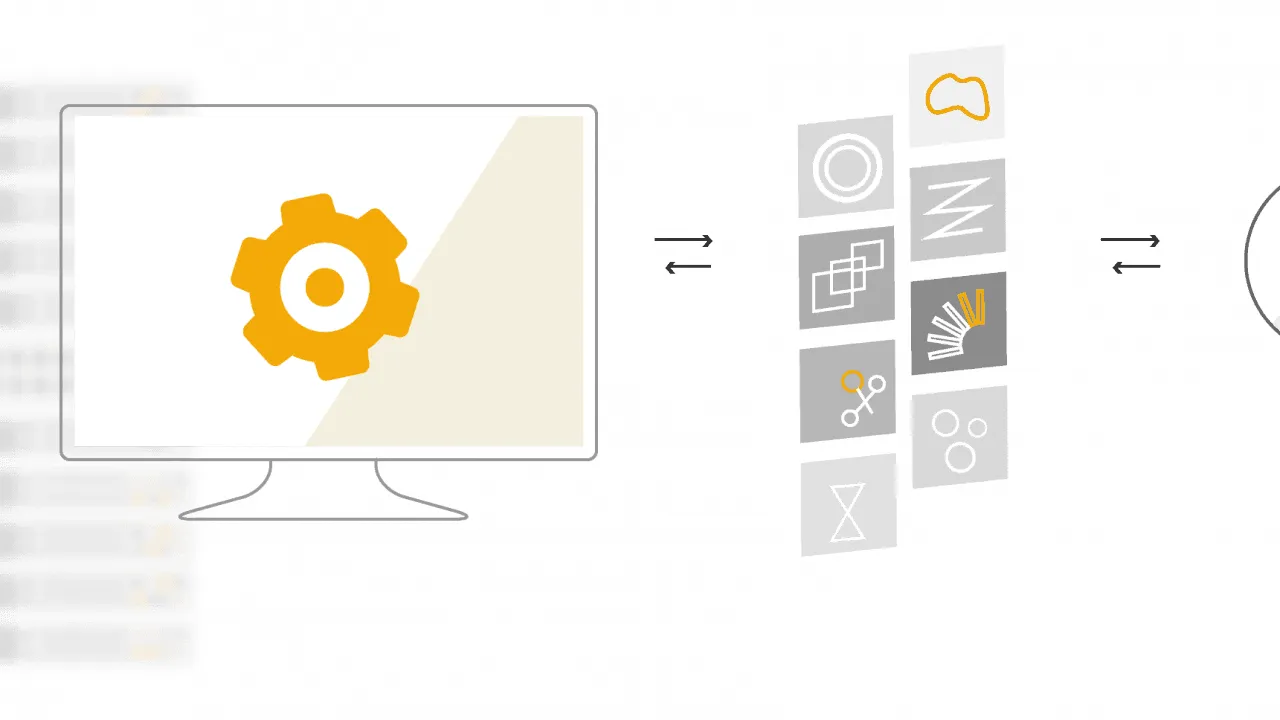
Advanced Operating Systems

Backyard Astronomy

Python for Informatics: Exploring Information

Social Network Analysis

Introduction to Systematic Review and Meta-Analysis

The Analytics Edge

DCO042 - Python For Informatics

Causal Diagrams: Draw Your Assumptions Before Your Conclusions

Whole genome sequencing of bacterial genomes - tools and applications
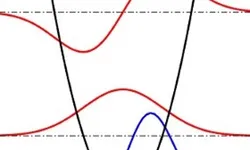
Foundations of Quantum Mechanics
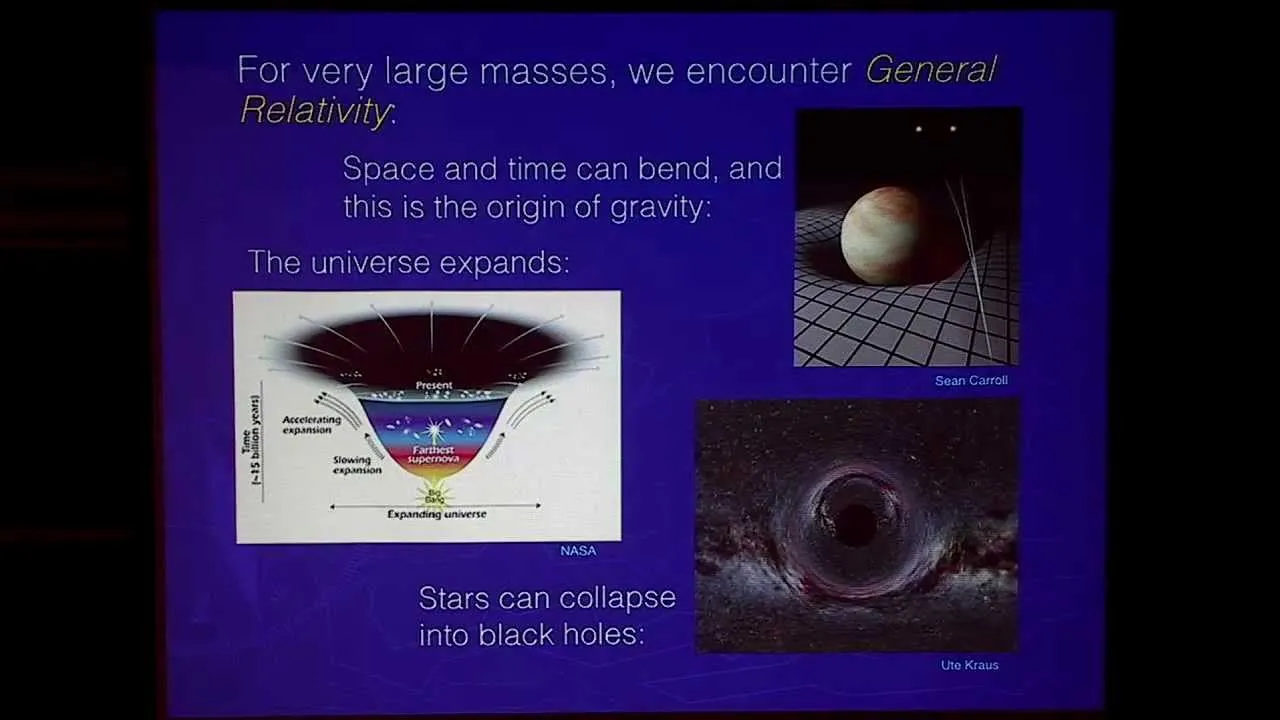
Gravity and Quantum Mechanics - The Quest for Unification
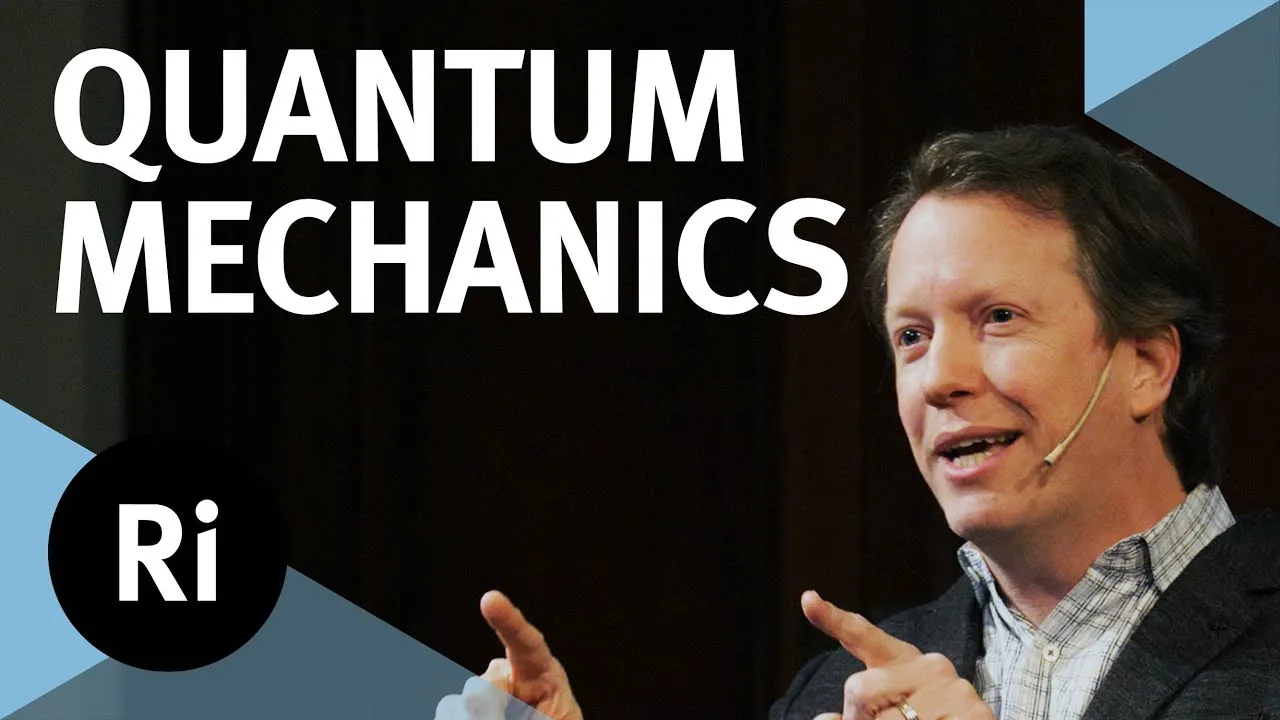

Start your review of Understanding Modern Physics II: Quantum Mechanics and Atoms